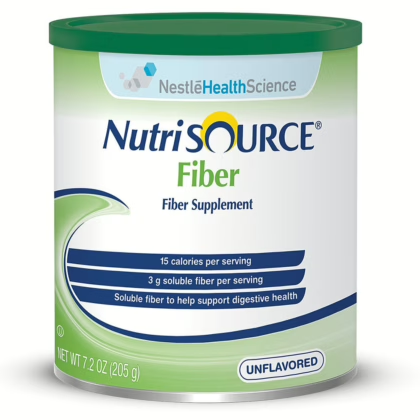Asthma is a chronic disease that affects people of all ages but is most common in childhood. It affects the lungs causing frequent episodes of coughing, chest tightness, and breathing difficulty, usually, after exposure to a trigger since the airways are more sensitive.
Symptoms may include:
Although its symptoms are similar to those of many other diseases, you are more likely to have asthma if your symptoms:
Symptoms can also get worsen, which is known as asthma attacks, and can include:
You will need to see a doctor to diagnose and evaluate your condition through:
Common triggers include:
Fortunately, identifying your trigger may help you control your symptoms.
There is no cure for asthma yet, but following your doctor’s instructions and adhering to the prescribed medications helps control the symptoms and reduces their impact on your life and activities.
It is usually treated with an inhaler that lets you inhale medicines. Treatment can include:
Visit your doctor regularly to monitor your condition. The doctor will:
Remember that you should talk to your doctor about what to do if symptoms worsen gradually or suddenly.
Uncontrolled asthma may cause complications such as:











